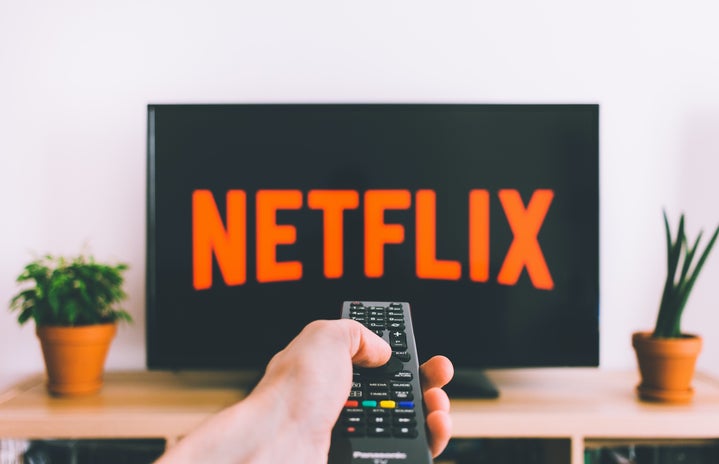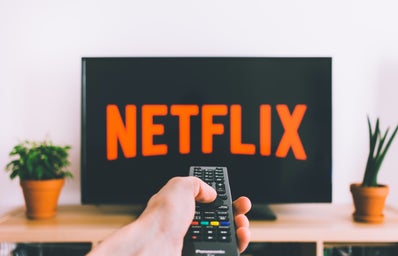I may only be nineteen years old, but so far in my life, I’ve watched what some might call an overly abundant amount of television. For my family, television was a bonding experience, watched together each night after work and over dinner. My parents liked to joke that they were giving me a “television education”. This routine continued for years, and I believe I received quite a well-rounded education, until one day our seemingly endless marathons came to an abrupt halt. The cause? We had watched it all, my parents said. There was no good TV left.
At first, I thought there was no way. We hadn’t even tapped into other streaming services like HBO Max or Amazon Prime. I didn’t think it was possible to watch all the good TV in less than four years. But the verdict stood, and my television education was officially over. I began exploring the world of television by myself to test this theory and see for myself if there was truly no good TV left.
They say with age and maturity comes the ability to face harder realities, and for me, this was indeed the case. As I got older, I realized that while there were shows that were good or at least enjoyable, nothing really came close to the shows I’d seen with my parents all those years ago. For example, as much as it wants to be, Ginny and Georgia will never be Gilmore Girls, and Brooklyn 99 will never be the Office. My parents were right. TV just wasn’t good anymore, but I set out to find out why.
There could be several reasons for this, such as the fact that some TV classics are now viewed through a lens of nostalgia. Full House, for example, is a nineties hit but if aired today may not be the cult classic it is now considered. Another fact is that Hollywood is not as creative as it used to be. It is indisputable that the movie and television industry as a whole purely exists to make money, and that sometimes the viewer’s entertainment is of less concern to Hollywood executives than creating more revenue. In fact, a concerning pattern of remaking and rebooting has become noticeable in Hollywood as of late.
About a year ago, word got out that HBO Max had ordered a reboot of Pretty Little Liars, a show that ended only four years ago in 2017. The general reaction was one of confusion. Does it even make sense to reboot a massively popular show that just finished a seven-season run? Apparently, it does when you’re a streaming giant, who has recently been making a habit of reviving and rebooting massively popular shows. HBO just released the new Gossip Girl to mixed reviews and is currently filming the revived Sex and the City. They are even rumored to be in talks to reboot Harry Potter (something which I have some very strong feelings on). HBO isn’t the only streaming service guilty of this, of course. Netflix revived Gilmore Girls in 2016 and rebooted Sabrina the Teenage Witch in 2018, and Paramount Plus has revived ICarly and is reportedly bringing back Fraiser.
This is evidence of something that has been happening for years: many of the new television shows and movies released recently are not original content, but instead a continuation or a retelling of a finished story. While streaming services are probably the guiltiest offenders, network television is no better, with sitcoms from the nineties and early 2000s being brought back, like Will and Grace or Roseanne, now the O’Connors. Film studios are only slightly better but are still exhausting audiences with the constant remakes which are rarely better than the original (Bill and Ted’s Excellent Adventure, Jumanji, Lara Croft, Space Jam, the Matrix 4, Overboard, Charlie’s Angels…these are just some of the new remakes released or announced since 2018). An article by the Washington Post revealed that one reason why Hollywood executives keep repackaging old stories is that they believe audiences like them, but a survey by Verve Search researcher James Barnes reveals that audiences did not prefer the remake to the original over 90% of the time (Washington Post). While this new system of recycling old stories seems to be working out, for now, one has to wonder what is the breaking point for audiences. Television is already bad, but when will it become so bad it’s unwatchable? With the number of reboots and revivals being ordered and announced, it’s only a matter of time.


